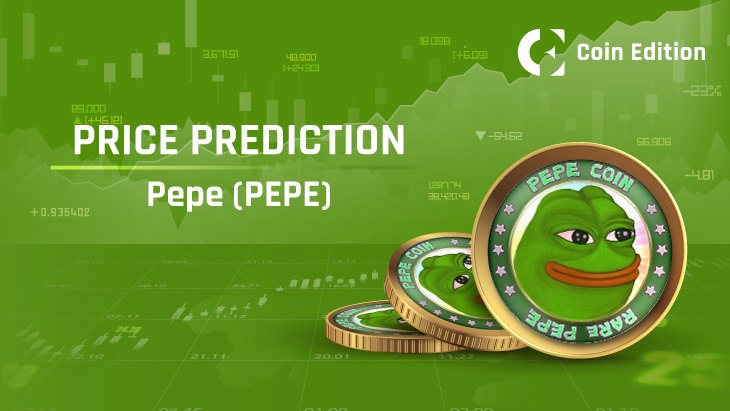NFTs began as a solution for artists to monetize and take control of their work. The technology that resulted from that solution became something revolutionary and had the power to impact industries outside the creative field. However, the potential to make a profit attracted many individuals and businesses, and thus the technology started being used in a different way.
Tech-world opportunists aiming to make a quick buck filled the NFT industry after Beeple sold his NFT painting for $69 million in 2021. This historic NFT sale proved to onlookers that NFTs were more than just a concept – they made money. Almost $70 million of it, in fact.
After that, you could observe all kinds of industries trying to get a share of NFTs – from fashion brands, food franchises, sports organizations, and even banks, among other things. They would slowly enter the world of digital assets. In 2020, we saw less than 50 trademark applications for NFTs, compared to the 2,000 trademark applications in 2021, according to Attorney Michael Kondoudis.
However, what started as a solution for piracy became a factory for digital assets with little to no use cases. NFTs became a novelty or status symbol to prove how much money somebody could throw at this trending technology. The focus on innovation disappeared, and the problems it aimed to solve became a footnote to making a profit.
In 2022, the NFT market crashed, to the dismay of all the investors in the industry. But maybe the market deserved it. Maybe we needed a market crash that dissuaded opportunists from saturating the space. Maybe we needed to take away that profiteering angle and finally focus on the underlying technology that NFTs represented. Maybe, just maybe, we needed that crash to weed out all those companies and individuals with too much money to throw around.
If we focused on the underlying potential of NFTs, we could solve many problems and elevate industries. Smart contracts could hasten real estate sales, tracking NFT metadata could filter out counterfeit products and eliminate voter fraud, and NFT ledgers could store medical records and personal identification, among other things.
In fact, some hospitals have already incorporated blockchain technology and NFTs into their systems. NFTs have been used to improve hospital operations by verifying patient identities and recording medical procedures performed without compromising patient confidentiality. Similarly, healthcare providers can issue NFT Birth Certificates to newborns and verify them with NFT verification applications.
Future conceptual applications include: using timestamped NFTs in real estate to transfer land deeds, provide proof of ownership, and keep track of property value changes over time; using NFTs to record academic achievements and prove their authenticity; using NFTs to solve documentation issues for disenfranchised individuals by providing them with a digital identity; and so on.
The current NFT market prioritizing profit over innovation hinders its potential. The same problem that Dogecoin co-founder Jackson Palmer had with the cryptocurrency industry that resulted in him walking away from it entirely.
I saw the space being overrun by opportunists looking to make a buck, rather than people investing in evolving the technology (which, even back then, we knew was facing real technical issues). – Jackson Palmer
The potential of NFTs being held back by tech-world opportunists is a huge problem. Perhaps the NFT crash of 2022 would dissuade them, perhaps it wouldn’t. All we know is that there is a technology under there that is dormant, waiting for entire industries to benefit from its revolutionary features. Once we stop focusing on the profit, perhaps only then can we start innovating further.
For now, though, we have to deal with watching the wealthy purchase low-effort JPEGs for thousands of dollars (or get scammed while attempting to).
Disclaimer: The information presented in this article is for informational and educational purposes only. The article does not constitute financial advice or advice of any kind. Coin Edition is not responsible for any losses incurred as a result of the utilization of content, products, or services mentioned. Readers are advised to exercise caution before taking any action related to the company.









